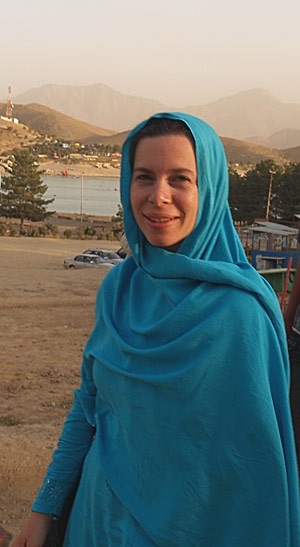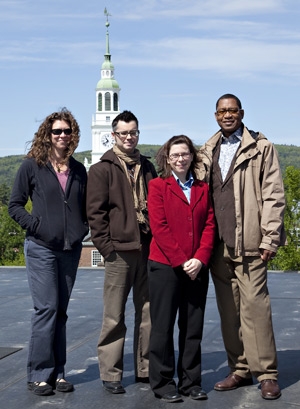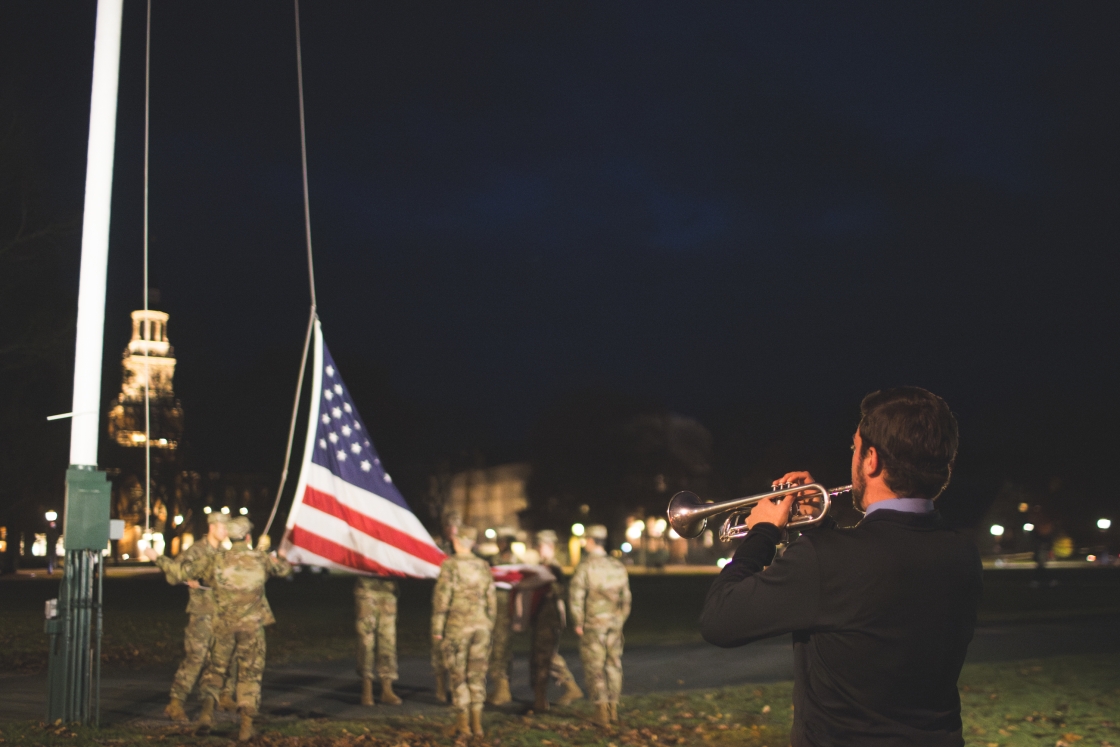Faculty go the distance for research and teaching
Somewhere between Indiana Jones swapping his briefcase for a rucksack and the holiday transportation nightmares of the film Planes, Trains and Automobiles lies the reality of the Dartmouth researcher on the road. In this series, Dartmouth Now follows the travels of four scholars whose research contributes to the creation of new knowledge and brings new insights and discoveries back to the classroom.PART 2: More than three cups of tea

Jennifer Fluri, assistant professor of geography, and of women’s and gender studies
For Fluri, patience and flexibility are critical skills—and that starts from the moment her travels begin. The way from Hanover to Kabul, Afghanistan runs through Frankfurt or Amsterdam, and then on through Delhi or Dubai to Kabul. It’s a path that routinely takes several days, even at its smoothest. “I’ve never flown when everything was on time,” she recalls.
Fluri researches and teaches about aid work and development, geopolitics, and gender. The questions of what is actually effective aid work are gaining more and more of her attention. “I have students,” Fluri reports, “who want to be aid workers. They want to know what really works, and that’s a good reason to get out there and find out.” Support from Dartmouth’s Walter and Constance Burke Research Initiation Award and a Rockefeller/McNulty Grant for Social Science Research helps make her studies possible.
Fluri mixes research in the libraries and institutes of Afghanistan’s capital with person-to-person data gathering in the city and beyond. Her laptop, she notes, is not necessarily all that useful, as electricity is often only intermittently available. She is able to share some photos in the classroom, where, she says, “they enrich her teaching, unquestionably.” But respect for her subjects’ privacy and safety, as well as cultural issues, set limits on how she can use images.

As a woman, Fluri notes, some experiences and conversations are possible because she can spend time in private spaces, such as homes, where men outside the family are not allowed to enter. She chooses to dress in a manner that’s considered respectable by the culture in which she’s a guest. There are genuine dangers: she does not travel at night, and at times she is warned even not to be in certain parts of Kabul during the day. But, as she points out, “even the frustrations are data,” a source of insight into life in that place, at that time.
Fluri’s fieldwork, she explains, “brings with it so many things to balance. It takes way more than three cups of tea,” she says alluding to Greg Mortenson’s 2006 book about Pakistan and Afghanistan. With much time devoted to sitting and talking, the pace can feel slow at times. “It’s a process of building trust; I am so blessed to be invited into homes.”
In her conversations, Fluri finds “much mutual curiosity.” Many Afghans are surprised that Fluri teaches about their country and their culture in the United States. Back in her classroom, she encounters amazement that everyday life continues in a conflict zone. And what about culture shock, from immersing herself into a way of life so different than what she knows at home? “Culture shock hits me,” she says, “more when I come back.”



